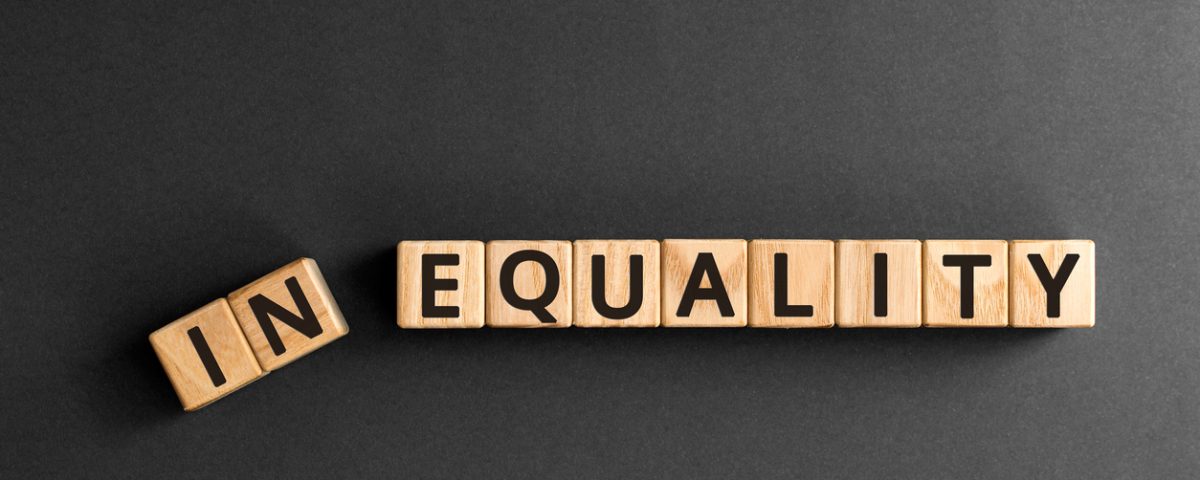
Will We Like the Emerging America?
August 16, 2024
State of Hopefulness in America Today
October 25, 2024American Citizens Should Have Equal Access
All American citizens should have equal access to opportunities to the rights and privileges our constitution guarantees. But the perennial and systemic issues around race too often prevent it.
When we thought we were making progress, there are now efforts to ban books, and control what is taught in secondary schools — all to deny and rewrite history when it comes to how Blacks have been treated in America.
Recent rulings by lower courts and the Supreme Court have bolstered those efforts and bring into question whether all American citizens should have equal access.
The abolishment of Affirmative Action by the Supreme Court should not be a surprise because one America believes that Blacks either have always had equal access and equal opportunity, or they simply don’t deserve either. That there is no need for remedy.
Implicitly, it reinforces the notion that Blacks do not have the same inalienable rights as whites, and never should when it comes to getting a quality education, a good job, or a decent house.
Dismantling Affirmative Action in education is just the tip of the long-standing disenfranchisement iceberg.
Do you think all American citizens should have equal access to all aspects of American life?
Commitments to improve equal access in employment and other efforts for diversity and inclusivity will be challenged and impacted in negative ways, moving forward.
It has already begun — just weeks after the Supreme Court ruling.

American Citizens Should Have Equal Access
(Photo by tupungato/iStock Images)
The emerging America wishes to keep Blacks as second-class citizens in every aspects of American life, based on the false version of history that says Blacks have never been discriminated against.
That America is also embracing the so-called cultural wars that are targeted not only against Blacks, immigrants and the LGBTQ community but also includes legislative initiatives designed to control reproductive rights, religious freedom and other individual rights.
These are signs that many leaders, legislators and other lawmakers do not believe that all American citizens should have equal access and equal rights.
Thankfully, there are still many citizens of the America governed by our Constitution and rule of law that are grounded by our institutions and traditions — the America that is tolerant, embracing, and believe in the equality of humanity, regardless of skin color, regardless of a person’s station in life, regardless of where a person lives.
There are those who would argue that there have always been two Americas masquerading as one great benevolent melting pot. One America believing that all American citizens should have equal access, and the other does not.
But both are fighting for influence, fighting for dominance when it comes to politics, economic stability, and educational achievement.
Which America are you a part of and claim as yours?
More importantly, which America will prevail?
Hopefully the one that believes all American citizens should have equal access and opportunity.
Portions of this commentary appeared in the Missouri Independent





